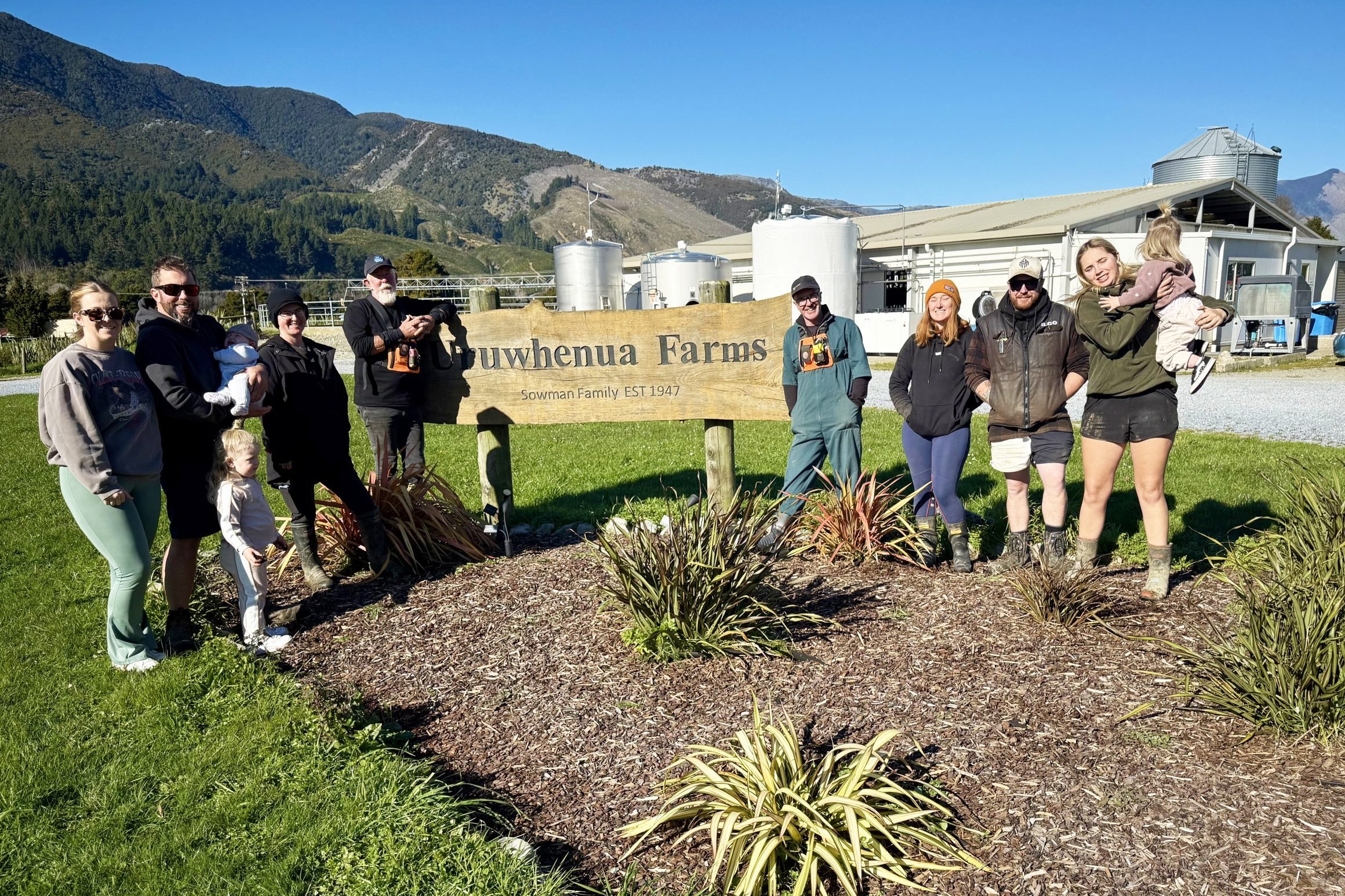Pride in red meat

BY: GLENYS CHRISTIAN
New Zealanders should stop being embarrassed about the fact their country is the only one in the OECD which has an economy based on agriculture, says Lincoln University’s Professor Derrick Moot.
He believes there needs to be a reintroduction to food as an integral part of the country’s welfare, with anyone being able to visit any farm to see how it’s run.
“We do what we’re good at,” the head of Lincoln’s dryland pasture research team told a panel discussion at the launch of The Role of Red Meat in Healthy New Zealand Diets in Auckland in late November at chef Peter Gordon’s new restaurant, Homeland.
“As with Covid-19, New Zealand has its own unique place and way of dealing with it. We’re utilising our resources well and essentially trying to farm for free.”
With an already low environmental footprint continued efficiency gains by sheep and beef farmers had brought their industry close to carbon neutrality. The biggest issue was not losing more topsoil as the top 15 centimetres contained most of the nutrients put on over the last three generations. But improvements were being made with two million hectares of land retired to native bush or exotic forestry.
The report, published by Beef + Lamb New Zealand, updates one printed five years ago, with information from scientific publications since that time added and peer reviewed.
“To support a growing global population sustainable and nutritious diets are of paramount importance,” it says.
Lean red meat was nutrient dense, calorie light and a way to obtain many essential nutrients so could play a valuable role in improving health and addressing malnutrition.
Professor Warren McNabb, deputy director of Massey University’s Riddet Institute, said recently a lot more plant-based foods had appeared in the marketplace which had generated a lot of interest.
“But it’s about how you get adequate nutrients,” he said.
Necessary amino acids were 100% absorbable from red meat but only 40 to 80% so from plants, meaning two times the quantity needed to be consumed. Micronutrients might also be missing and a vegan diet could be three times more expensive than one containing meat.
Dr Andrea Braakhuis, a registered dietician who is married to a farmer, said plant-based diets were a “really confusing trend”.
“Fad diets need a lot of nutritional knowledge,” she said.
Moderation was a hard sell as it was not sexy.
“It’s a very dull message.”
And there were still question marks about what moderation meant with conflicting results from different studies. One United States trial showed a correlation between higher levels of red meat consumption and an increased risk of heart disease, but similar trials conducted in Japan and Europe but at lower consumption rates didn’t.
Emily King, a thought leader in food systems and sustainability, said a food system strategy was required where impacts on the environment and human health were taken into account. People were constantly making a trade-off when it came to the environmental cost of the food they ate.
“They are prepared to take a nutritional hit for the environmental benefit,” she said.
Food waste was low hanging fruit where work could be started immediately to build a more resilient food system.
“It’s a myth that there’s not enough food for people,” she said.
There were distribution problems, access issues “and the giant basket of poverty which is the reality for a lot of people”.
This broken food system had an adverse effect on both the environment and nutrition with malnutrition, obesity and affordability issues.
“We already had a pandemic and food is at the heart of it,” she said.
“But there are some great initiatives going on in New Zealand and we are starting to heal the broken pieces. We have a lot of integrity behind our food but we need to make sure that’s communicated.”
Farmers doing a great job needed to be supported and valued with the rest of the country getting in behind that through better research.




